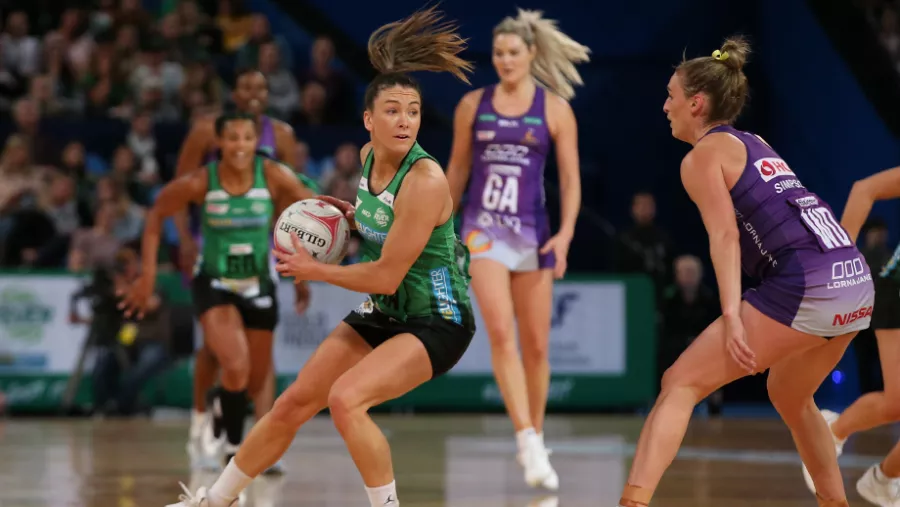Author: Michael Page
Sport is the lifeblood of Australian culture. Thousands of sportspeople of all backgrounds represent us in netball, rugby, cricket, swimming, tennis – name any sport under the sun.
But most athletes experience their athletic prime in their younger years compared to those of us in non-sporting careers. And while highly successful athletes who become household names can carve out long careers after sport, those without the same brand equity don’t have the same doors open to them.
So what happens when they retire or are forced to retire?
Taking care of our athletes from a post-professional sporting career and wellness perspective is crucial but remains a challenge across all sporting communities: What does ‘work’ and ‘career’ look like for athletes outside of sport? Are there any resources they can access to help with the transition and change? Where do they even begin?
As experts in careers and recruitment, Michael Page provides career development advice for those at all stages of their career journey.
The leading global recruitment firm this year solidified our partnership with Australian netball team West Coast Fever to assist its athletes with career training, consisting of personal branding, CV writing, interview skills and appointments to prepare for life after netball.
Key challenges faced by athletes
Simon Taylor, Managing Director for Perth netball team West Coast Fever, says professional athletes have incredibly busy schedules, both on-field and off-field, so it’s often hard for them to think about what their lives look like once their careers finish.
“As a club, we take great pride in ensuring we not only develop our athletes as netballers but also as people. It’s imperative clubs provide their athletes the time to think about their future after their sporting careers end,” Taylor says.
“Netball has been a wonderful leader and advocate of education for its athletes throughout their careers, so fortunately we haven’t had many cases of players retiring due to injury.”
He notes only in recent years has netball been able to afford its athletes a salary they can solely live off: “For a number of years, players had to work in their respective fields or conducted further studies.”
A foot in the door
One way athletes can test the water is by jumping right in. While West Coast Fever player Olivia Lewis balances her sporting commitments with university, she found short term work through Michael Page in office support as a receptionist during the end of last year, running through to the start of 2019.
Lewis recalls: “The role involved general office administration work along with answering the phones and looking after candidates coming in for interviews. It was different being in an office environment but there was always something to do which kept me on my toes and busy the whole time – I wasn’t glued to my chair for long periods of time, which I was very happy about.”
She was also thrilled to discover new skills.
“I found I’m quite good at multi-tasking, so this was particularly helpful with answering the phones. As an athlete, I also take on feedback quite well, which transferred into learning on the job and made the whole experience a lot easier,” she shares.
“I thought it was a great opportunity to get involved in a role that was different to anything I’ve done before. It’s given me some great experience working with people in a more corporate setting, and I’ve gained a lot of skills I know will transfer into any future workplace.”
If you’re ready to start searching for a job, contact a specialist recruiter at Michael Page today.
